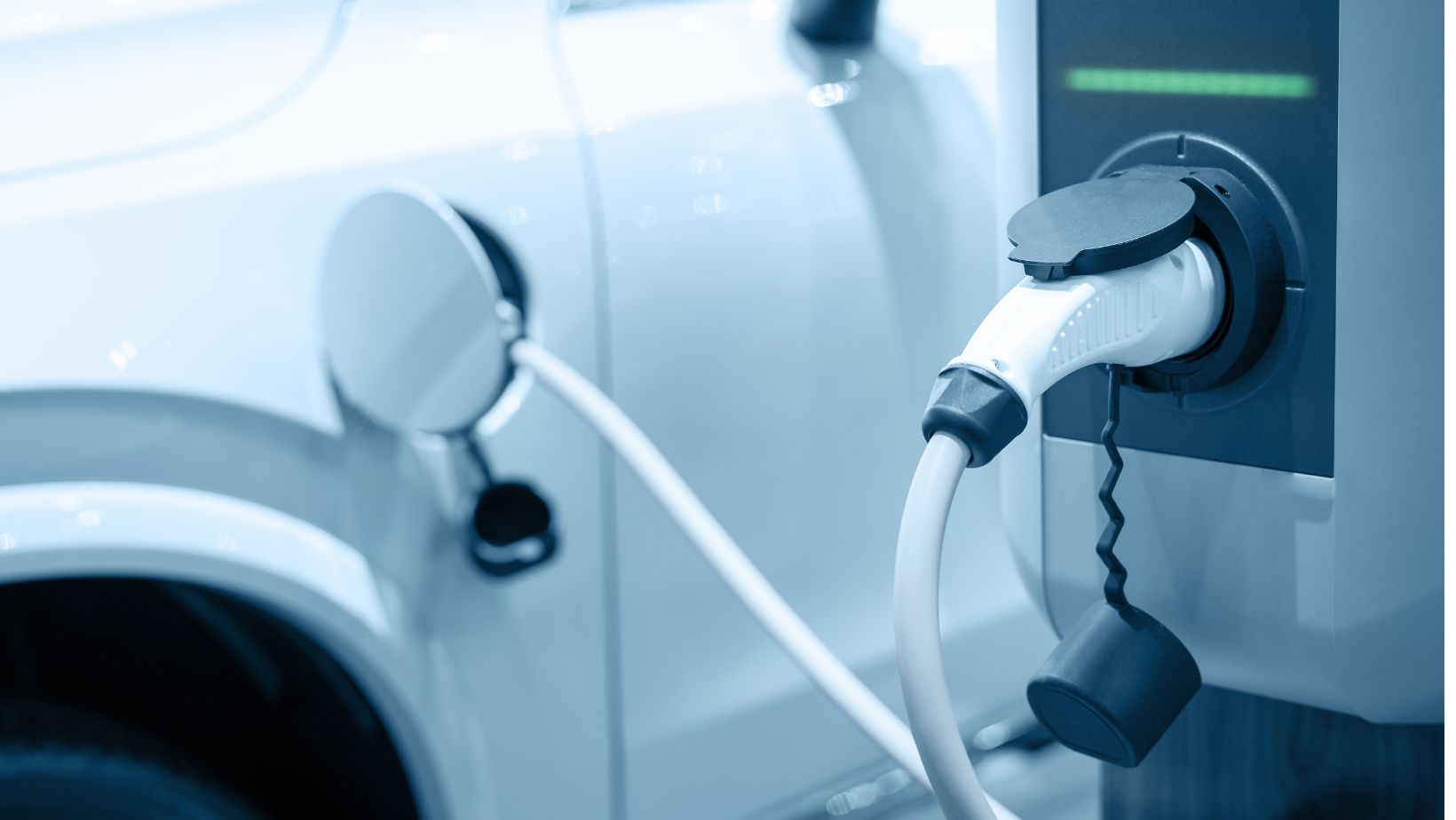News & Events
Recycling of materials for a more sustainable future in transport

26 | 02 | 2024
Ceit to take part in the EKOMUGI project, led by Indumetal Recycling, to assess residues from the transport sector and electric mobility and thus ensure a sustainable supply of raw materials.
EKOMUGI focuses on the recycling of raw materials with high added value, such as neodymium and nickel, deriving from electric motors, batteries and metallized plastic parts of electric vehicles.
The European Commission foresees that, if new policies that focus on a circular economy are not implemented, consumption of the planet’s resources will triple by 2050. This requires a 90% reduction in emissions in transport, which currently contributes considerably towards greenhouse gas emissions in Europe. Although transport electrification is essential for climate neutrality, this implies significant changes in production and supply chains, in particular affecting regions such as the Basque Country, with its noteworthy car component industry.
The dependency on strategic raw materials such as neodymium and nickel, deriving from outside the European Union, poses a risk to economic stability and innovation in the sector. In view of this outlook, the new European Union Critical Raw Materials Act seeks to reduce this dependency and foster sustainable access to these resources. Among other measures, the law states that recycling must account for at least 15% of consumption of these materials by 2030. Within this context, the EKOMUGI project proposes researching into technological solutions in order to assess residues from the transport sector and mobility, thus closing the lifespan of products and ensuring a sustainable supply of raw materials.
Recycling and recovery of critical raw materials
EKOMUGI focuses on the recycling of critical raw materials with high added value, such as neodymium and nickel, deriving from electric motors, batteries and metallized plastic parts of electric vehicles. To achieve this, automation strategies will be employed in separation and residue treatment processes, as well as innovative technologies involved in recycling and recovery of raw materials.
The consortium, led by Indumetal Recycling, is made up of the companies Ecomagnet, Innovation tree, Birziplastik, Fegemu, MIM-TECH, Global Factor, Maier and Obeki, as well as the technology centres and agents from the Basque Network of Science, Technology and Innovation Ceit, Tecnalia, Gaiker, Cidetec, MTC and UPV-EHU.
Ceit will be developing numerous tasks in the course of the project. On the one hand, it will be collaborating on the development of automated systems geared to the dismantling of batteries and components with magnets using artificial vision techniques from the electric products selected, and it will also be taking part in the demagnetization and classification of these materials. Once the material has been obtained, it will be atomized by gas at the Ceit atomization plant, and will then take part in the manufacture of new magnets from atomized powder and powder supplied by Ecomagnet via a metal injection moulding process. Lastly, it will also be taking part in the characterisation of new motors equipped with second-life magnets in order to assess their final performance features.
A more sustainable future for transport
The EKOMUGI project represents a significant step towards a more sustainable future for the transport sector and mobility. By promoting the circular economy and technological innovation, this initiative not only helps to reduce carbon emissions, but also strengthens the sector’s competitiveness in the face of both global and local challenges.